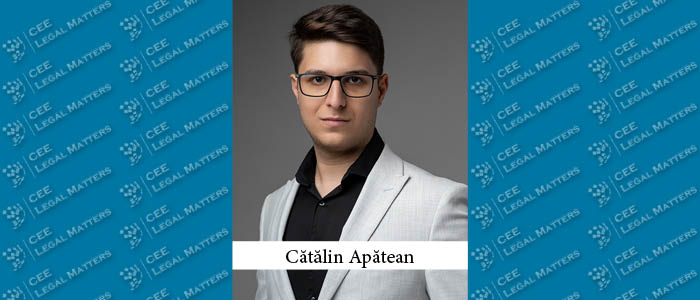In a significant development, a provisional agreement between the Council presidency and the European Parliament has set the stage for a proposed EU law targeting businesses involved in waste generation, operation, or disposal. The agreement, which took place late last year, reflects a commitment to stricter penalties for environmental crimes, doubling the number of offences from the soon-to-be-replaced Directive 2008/99/EC.
The agreement responds to the escalating impacts of climate change and biodiversity loss, emphasizing the prevention of criminal offences in the field of waste management.
Sectors such as sanitation, recycling, constructions, industrial facilities (factories), mining operations, industrial chemicals, carpentry and floorwork consumer goods, textile manufacturing, food manufacturing, leather manufacturing, laboratories, vehicle production and maintenance are directly or indirectly targeted, prompting heightened scrutiny from regulatory authorities.
The EU agencies (such as Eurojust and Europol), as well as national regulatory and prosecuting authorities have become more and more preoccupied with the monitoring and enforcement of waste management regulations, supporting, as well as conducting frequent inspections of economic activities, and proceeding to criminal investigations and prosecution of non-compliant legal entities and individuals.
What does the EU's proposed Environmental Crime Directive emphasize?
The preamble of the proposed directive underscores the criminalization of unlawful waste management, particularly when it involves hazardous waste or causes substantial damage to the environment or human health. Specific products generating harmful waste, such as pharmaceuticals, chemicals, waste containing acids or bases, waste containing toxins, heavy metals, oil, grease, electrical and electronic waste, end-of-life vehicles, or plastic waste, are highlighted.
Individuals and businesses involved in waste management must consider specific criminal conducts outlined in the directive, including the collection, transport, and treatment of waste. The directive categorizes certain types of conduct as qualified offences if they result in irreversible or long-lasting damage to the environment, ecosystems, or human health.
The proposed sanctions include imprisonment for individuals, ranging from 5 to 10 years, depending on the severity of the offence. Businesses may face fines of up to 5% of global turnover or €40 million. Non-criminal sanctions, often with a greater impact, are also introduced, including environmental reinstatement obligations and exclusion from public funding.
What are the current waste management offences in Romania?
Businesses in Romania must comply with existing waste management legislation, including Government Emergency Ordinance no. 92/2021, which transposes the E.U. Directive 2008/98/EC on waste, as amended by the E.U. Directive 2018/851/EU, establishing the general framework for waste management. Violations, such as illegal dumping and improper waste handling, can lead to substantial fines and even the suspension of activities. Fines may be, by way of derogation from the provisions regarding the general limits provided for in Article 137 para. (2) Criminal Code, between a minimum of 12.000 Euro and a maximum of 1.200.000 Euro. In addition, criminal charges may be brought against the responsible individuals, including the companies’ representatives, who can be sanctioned by imprisonment for a term of one to five years or by a fine.
How can businesses implement best practices for prevention?
Corporate environmental criminal liability framework is continuously developing, with stringent regulations and sanctions in the not-so-distant future. Consequently, a proactive compliant approach in this new and ever-growing regulatory landscape is worth considering while generating, operating, or disposing of waste.
Management should implement prevention measures to avoid legal consequences, such as:
- conducting regular waste audits to assess the types and quantities of the generated waste, which enables businesses to identify opportunities for waste reduction, recycling and proper disposal;
- implementing systems for the collection and recycling of products, particularly those subject to Extended Producer Responsibility regulations;
- establishing clear procedures for waste segregation, handling and disposal;
- periodically assessing compliance with environmental regulations through internal or external legal audits, in order to promptly identify and rectify non-compliance issues.
The Romanian environmental laws evolve, and enforcement practices change, businesses operating in the waste management field facing many legal challenges. Legal advice is recommended in order to navigate the complex legal landscape, to ensure strict compliance with the regulations and reduce the risk of unintentional violations, which could lead to criminal charges and associated penalties. In the event of an environmental incident or allegation of wrongdoing related to waste management, timely and informed legal representation is essential to protect the business’s interests and reputation, to mitigate risks and to create a crisis management strategy.
By Catalin Apatean, Associate, Act Legal




